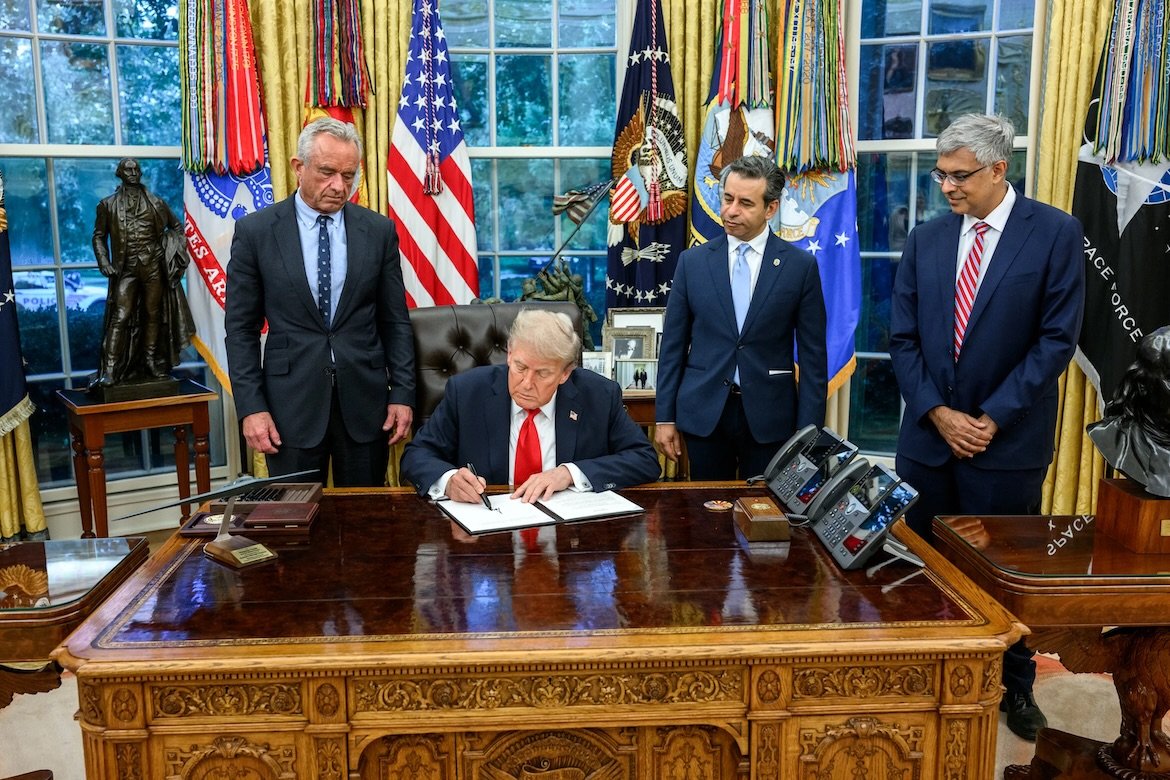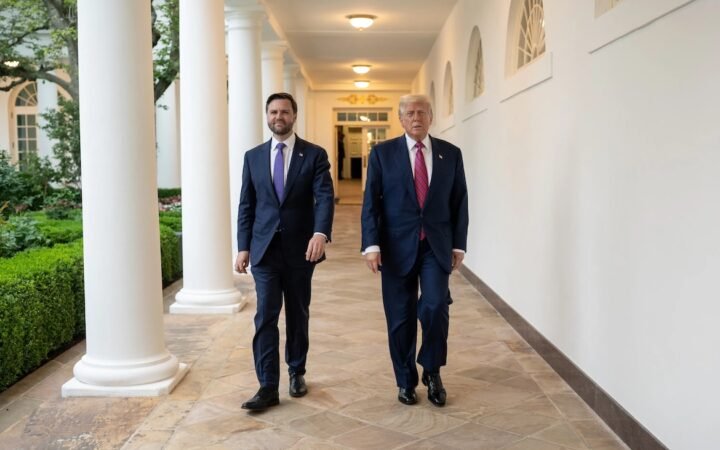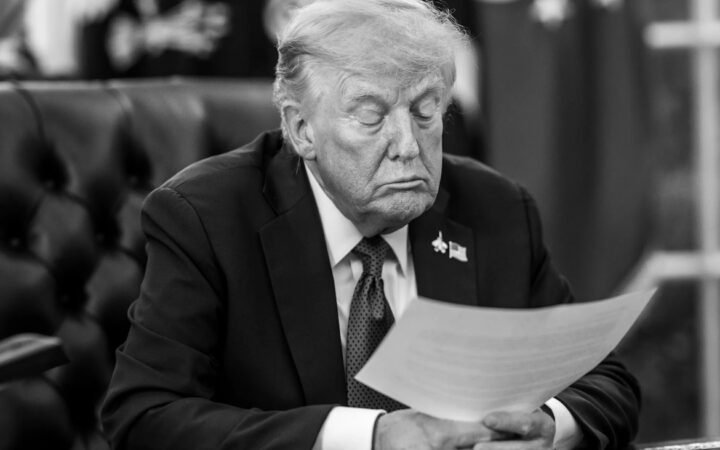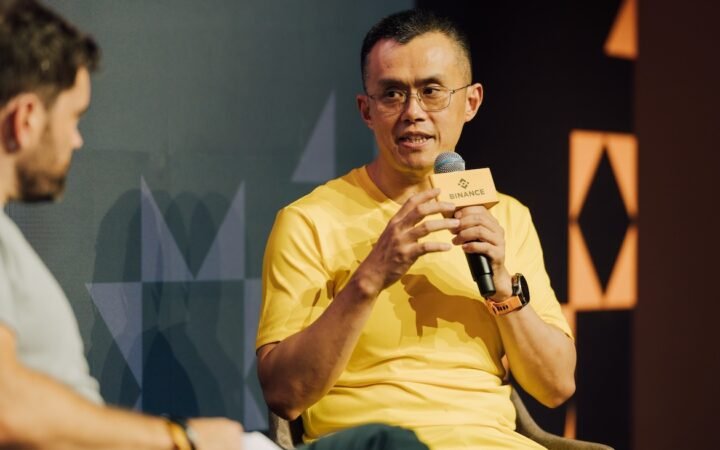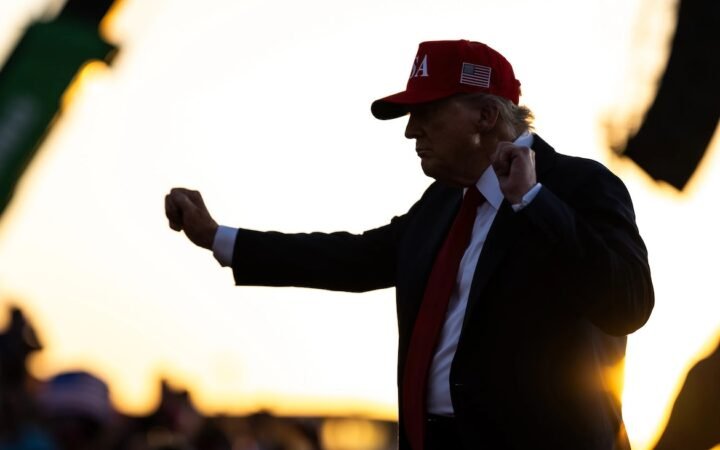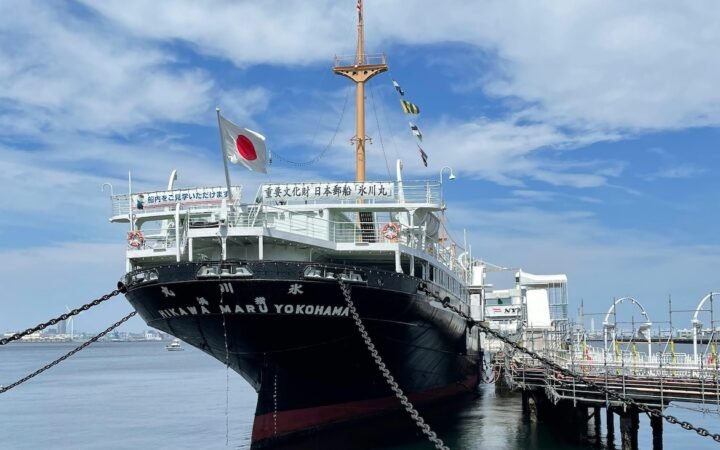
President Donald Trump said the U.S. will apply a 100% tariff on branded and patented pharmaceutical products entering the country beginning October 1, a dramatic escalation of his push to bring drug manufacturing back home. The duty will not apply to companies that are already constructing plants in the United States — including projects that have broken ground or are under active construction.
Trump framed the move as an incentive rather than a punishment, arguing it would accelerate reshoring. Branded pharmaceuticals are typically sold under trade names and protected by intellectual property, preventing generic competition until patent protections expire.
Tariffs as Catalyst and Risk
Supporters of the plan say it could jolt companies into building U.S. facilities at a time when imports of pharmaceuticals have more than doubled over the past decade. But health policy experts warn the policy may also backfire. Drug manufacturing often involves highly specialized inputs sourced globally, and any sudden disruption can ripple through the supply chain.
Leigh Purvis, a prescription drug policy principal at AARP, said before the announcement that such tariffs could “tip some generic drugs into unprofitability,” forcing manufacturers to pull products from the market and risking shortages. Industry groups have also warned the duties could divert funds away from research and development.
Swiss and European drugmakers are already reviewing their exposure. Roche recently broke ground on a new North Carolina facility that could qualify for an exemption. Novartis and other multinationals have signaled they are evaluating whether existing investments meet the administration’s threshold.
Companies Brace for Impact
Large U.S. pharmaceutical firms have begun adjusting their plans. Johnson & Johnson this spring unveiled a four-year, $55 billion program to expand its domestic manufacturing, research and technology footprint.
In April, the company projected about $400 million in tariff-related costs for 2025, mostly tied to medical device products, noting that estimate did not yet include the impact of a pharmaceutical-specific levy. Pfizer and several peers have also started booking charges tied to earlier rounds of tariffs.
J&J Chief Executive Joaquin Duato warned that drug tariffs could undermine supply stability. He said the zero-tariff policy on pharmaceuticals exists to minimize shortages and argued that tax incentives would be a more effective tool to boost U.S. production of drugs and medical devices.
Analysts say not all firms are equally exposed. TD Cowen’s Steve Scala wrote that Eli Lilly, Bristol Myers Squibb and AbbVie are relatively better positioned because they already operate major U.S. plants, including facilities producing active pharmaceutical ingredients. Companies more reliant on overseas sites, he said, may face a tougher adjustment if Trump’s 100% duty takes effect.
